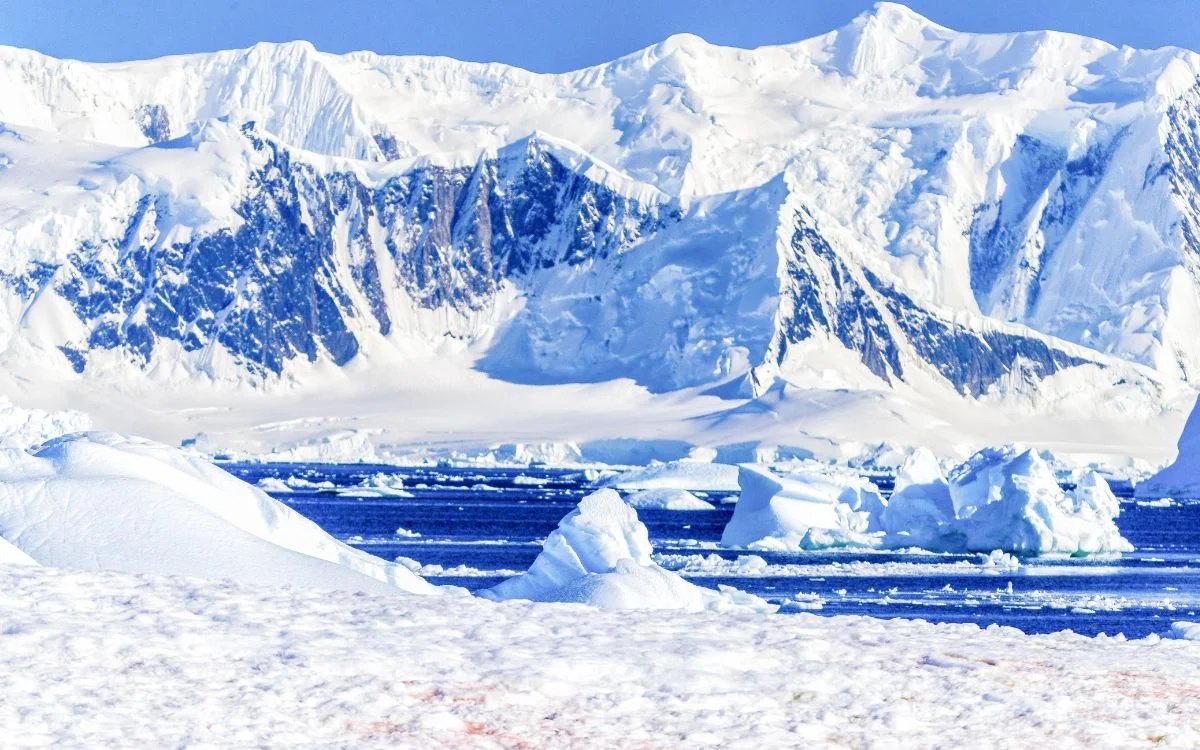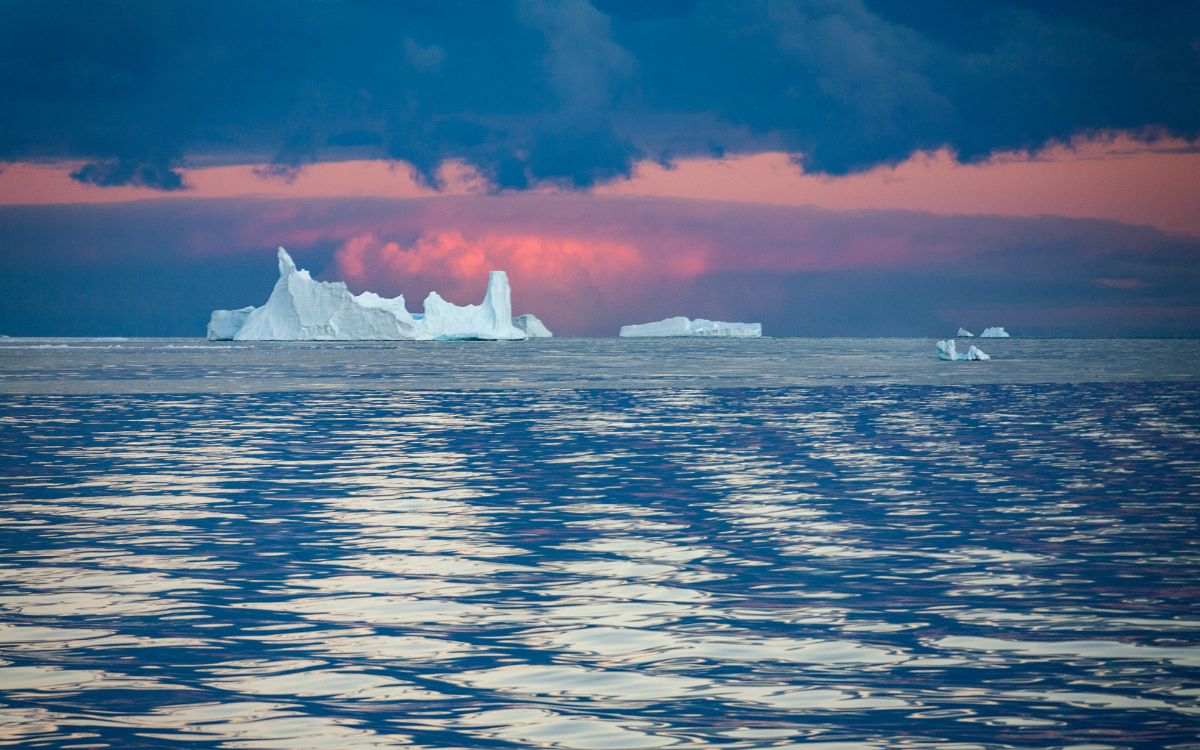
Innovations in Sustainable Antarctic Exploration | Travel News
The Antarctic region serves as a climate-sensitive area which supports diverse wildlife and requires protection for its delicate natural systems. The world needs immediate action because climate change produces dangerous environmental effects through rising temperatures and disappearing ice and shifting ocean conditions. The privilege of visiting these areas comes with a duty to protect the environment through responsible travel practices and support for conservation initiatives.
The latest expedition travel developments show how sustainable practices and technology integration allow for genuine exploration experiences. The Sylvia Earle and similar purpose-built vessels of today enable scientists to study wildlife and perform environmental research while reducing fuel usage and emissions. The ships operate at maximum efficiency to provide stable operations, delivering intimate experiences to small groups of passengers through onboard programs that let travelers participate in citizen science, marine research, and polar ecosystem education.
Responsible Itineraries and Activities
The 12-day “Antarctic Peninsula – Fly the Drake” trip combines air travel across the Drake Passage with daily explorations of the Antarctic Peninsula. The trip lets visitors see icebergs and penguins and seals and whales while they experience almost continuous daylight and keep their environmental impact minimal.

Visitors can join hands-on activities to experience the Antarctic environment through sea kayaking between ice floes and glacier snowshoeing and guided Zodiac tours and photography sessions with professional guides. These activities foster appreciation for the region’s biodiversity while promoting responsible interaction with delicate habitats.
Innovation and Climate Action
The expeditions aim to create environmental benefits that extend past visitor participation, representing a movement to minimize carbon emissions from polar tourism. Ships are increasingly using alternative fuels, improving operational efficiency, and supporting programs that regenerate ocean habitats and monitor wildlife populations. The educational programs on board help visitors learn through direct actions, including seagrass restoration, kelp forest conservation, and plastic recovery efforts.
The combination of sustainable technology with responsible itineraries and immersive education enables modern Antarctic voyages to deliver exploration experiences which inspire people while protecting the environment. Travelers leave with a deeper understanding of the region, a respect for its fragility, and a sense of connection to global conservation efforts.
